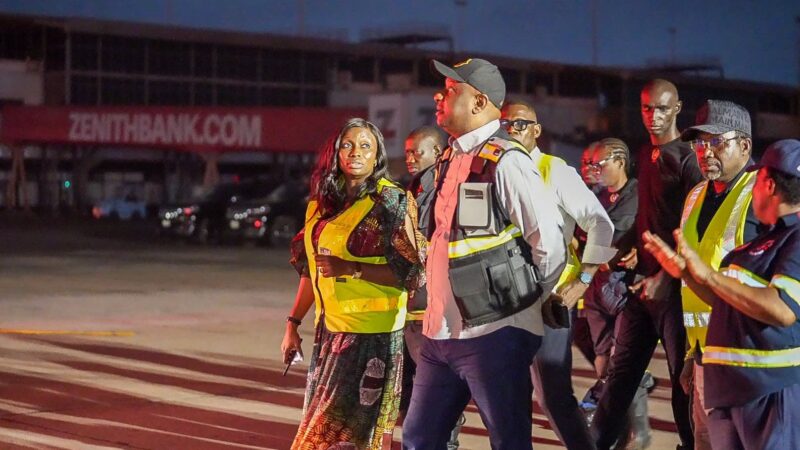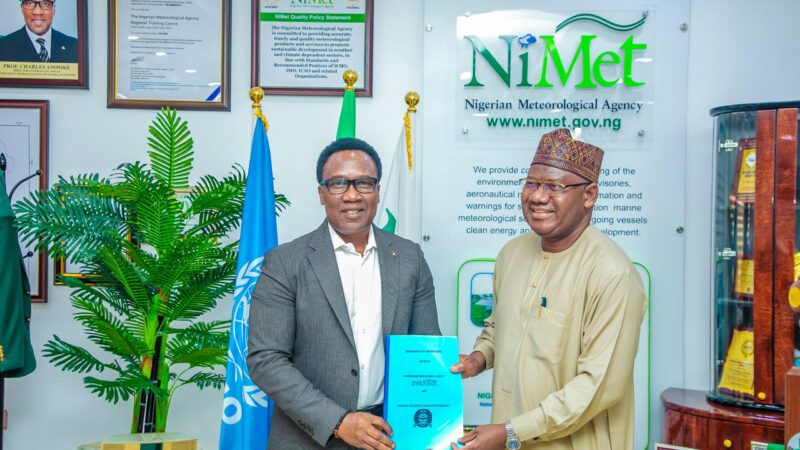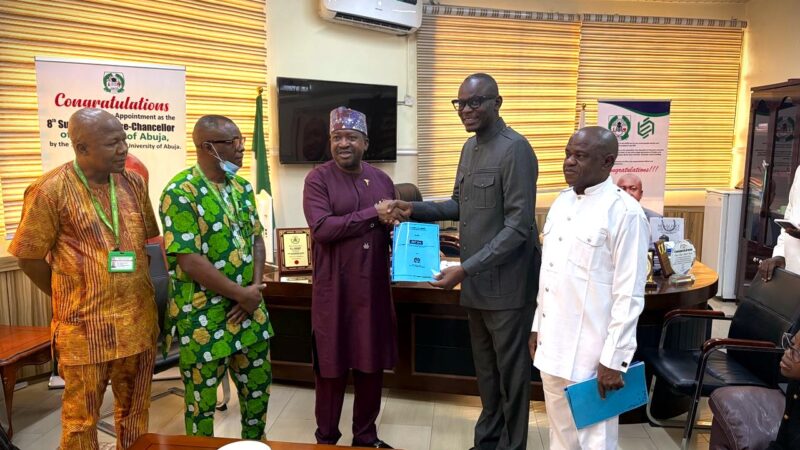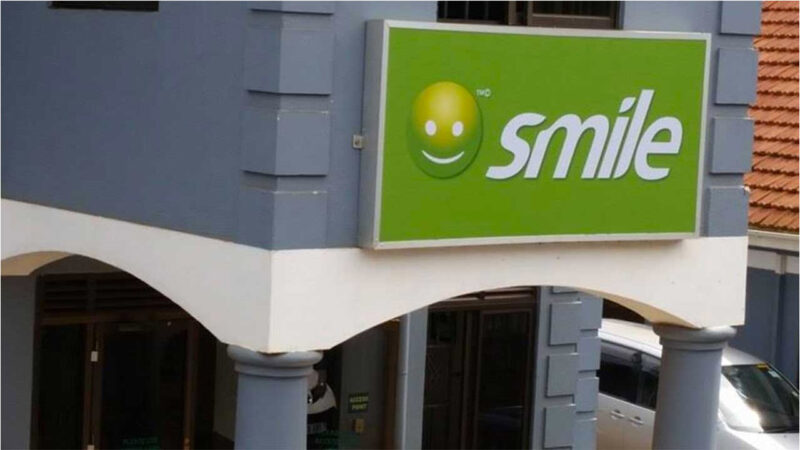Lagos, Oyo Schools Receive Major Boost in Students’ Online Protection Campaign
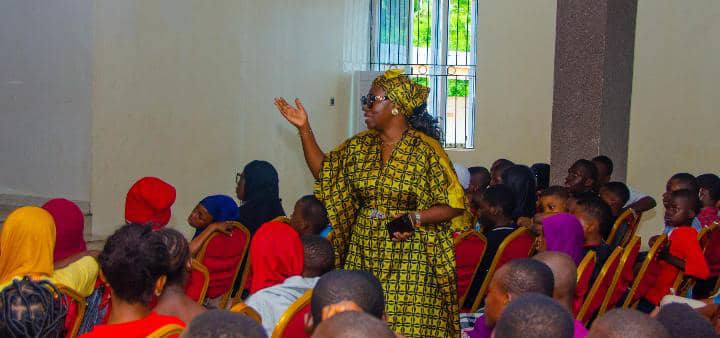
In observance of Cybersecurity Awareness Month this October, a new intervention to strengthen the digital safety consciousness of Nigerian children has been rolled out across South-West Nigeria.
The Parent and Child Online Safety Network, convened by Dr Olamide Thompson-Odeneye, led a large-scale school awareness activation that reached dozens of schools across Lagos and Oyo states – taking the safe online behaviour campaign directly to the heart of the classroom.
The initiative started originally as a poster campaign in selected public and private schools in Lagos, but rapidly expanded with additional deployments in schools across Ibadan in Oyo State.
The campaign emphasised a simple approach – put in front of students, teachers, and parents visual reminders that teach and reinforce responsible online conduct in plain language that children can easily understand.
Dr Thompson-Odeneye explained that the intention was not just to drop materials, but to sustain continuous awareness.
According to her, “This campaign is not a ‘one-off programme’. It serves as an essential and continuous reminder to students, to teachers, and to parents about their own responsibilities in terms of safe digital practices. Everybody sees online safety as something someone else should take care of – but the truth is that safe behaviour online is a shared responsibility.
“Children need to learn what is safe and what is not; teachers need to repeat these lessons in school; and parents must reinforce it at home. Once that cycle exists, it becomes harder for predators, cybercriminals, or abusers to exploit them online.”
The Network says its objectives are deliberately multi-layered. For the children themselves, the target is much higher awareness in primary and secondary schools about cyberbullying, privacy, safe social media conduct, password hygiene and the importance of reporting suspicious activity.
For teachers – it is to provide them with materials and talking points. For parents – it is to educate them sufficiently that they can confidently have these conversations with their children, instead of assuming the schools will handle everything.
The materials developed were guided by simple internationally-recognised principles and included tools like SMART rules for online safety. Schools received various posters with different messages, deliberately produced for high visibility in classrooms, hallways, and other prominent areas.
The initiative also aligned itself to the Lagos State Government’s own Safe Schools Lagos programme, amplifying state-level efforts to protect minors in the digital environment.
To make materials more accessible, the Network partnered with the Nigerian Communications Commission (NCC), the primary national regulator responsible for consumer protection online.
Through this collaboration, digital resources provided by the NCC were simplified and embedded into QR codes that were printed on distributed materials. Once scanned, the QR codes take children, teachers, and parents to vetted, trusted safety information, ensuring credible guidance is within reach and not limited to physical posters alone.
The official launch took place on 10 October – Global Encryption Day – with about 13 public schools represented and each school receiving starter packs of the materials. In total, the physical outreach reached about 50 schools, while a further 30-plus schools received resources purely through the Network’s digital channels.
Dr Thompson-Odeneye underscored again that protecting young Nigerians online requires all hands.
In her words, “This is not something any individual, organisation, school, or ministry can do alone. Everybody is fully involved because online safety really is a shared responsibility, and all of us should be involved in it. If the child knows the rules at school, and the teacher repeats it in class, but the parent at home does not take the conversation seriously, then the impact will still be weak. But when all three levels align, the effect is powerful.”
The Parent and Child Online Safety Network is an independent volunteer organisation comprising professionals, educators, and concerned parents who donate their time, expertise, and resources to advance cybersecurity awareness.
The network says it is committed to equipping young Nigerians and their support ecosystem – teachers and parents – with the knowledge, tools, and skills required to navigate the digital world confidently and securely.
Dr Thompson-Odeneye


